Computer Science - Advanced AI Assistance
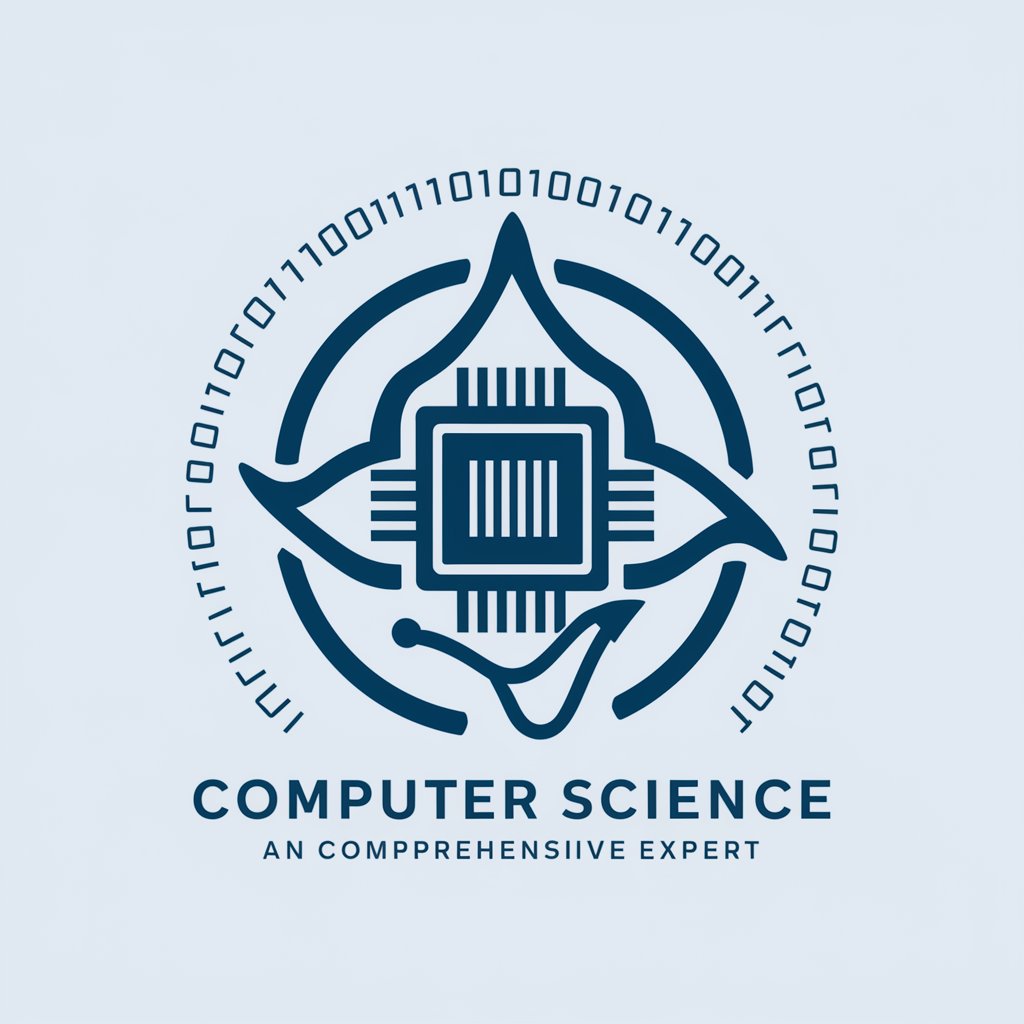
Welcome! Let's dive into the world of computer science together.
Empowering innovation with AI-powered computer science expertise.
Explain the concept of...
How does one implement...
What are the key differences between...
Can you demonstrate an example of...
Get Embed Code
Overview of Computer Science
Computer Science is a multidisciplinary field that encompasses the study, design, and analysis of algorithms, the structure and operation of computers, and the processing of digital information. It bridges theoretical underpinnings and practical applications, ranging from software development and systems engineering to artificial intelligence (AI) and network security. This field is foundational to the development of computer programs and the creation of hardware that drives modern technology. For example, understanding computer architecture allows for the design of efficient processors, while knowledge of algorithms can optimize search functionalities in large databases. Powered by ChatGPT-4o。

Core Functions of Computer Science
Software Development
Example
Designing and implementing a custom content management system (CMS) for a news organization.
Scenario
Using programming languages like Python or Java, developers create a CMS that enables journalists to publish, edit, and manage articles online efficiently.
Data Analysis
Example
Analyzing social media trends to predict consumer behavior.
Scenario
Data scientists utilize machine learning algorithms and statistical models on social media data to uncover patterns that predict future consumer purchasing decisions.
Network Security
Example
Implementing encryption protocols to secure online transactions.
Scenario
Cybersecurity experts deploy SSL/TLS encryption to protect user data during online purchases, ensuring confidentiality and integrity of the transaction.
Artificial Intelligence Development
Example
Creating an AI-driven personal assistant.
Scenario
Engineers build intelligent systems capable of understanding natural language, making recommendations, and learning from user interactions to improve service over time.
Computer Architecture Design
Example
Developing a new microprocessor that optimizes power consumption for mobile devices.
Scenario
Architects design a processor with an advanced instruction set that significantly reduces power usage, enhancing battery life for smartphones and tablets.
Target User Groups for Computer Science Services
Software Developers
Individuals or teams involved in creating, testing, and maintaining software applications. They benefit from understanding programming languages, software engineering principles, and development tools.
Data Scientists
Professionals who analyze large sets of structured and unstructured data to extract actionable insights. Knowledge in machine learning, statistical analysis, and data processing is crucial for them.
Cybersecurity Experts
Specialists focused on protecting systems, networks, and data from digital attacks. They require a deep understanding of network security, encryption techniques, and threat detection methods.
AI Researchers
Scientists and engineers working on the development of artificial intelligence technologies. They benefit from an extensive background in machine learning algorithms, computational theory, and cognitive science.
Computer Engineers
Experts in designing and implementing computer hardware and software. Their work benefits from a comprehensive knowledge of computer architecture, embedded systems, and hardware-software integration.

Utilizing Computer Science GPT for Diverse Needs
Start your journey
Begin by visiting a platform offering a trial for an advanced AI without the need for sign-up or subscription to premium services.
Identify your needs
Clarify your objectives with Computer Science GPT, whether for learning, problem-solving, or project development.
Engage with the tool
Interact through a user-friendly interface, inputting queries or topics you're interested in exploring within computer science.
Utilize feedback
Leverage the tool's feedback to refine queries or expand your understanding, enabling a tailored learning or solution-finding process.
Explore advanced features
Investigate additional functionalities, such as code generation or algorithm optimization, for complex projects or in-depth learning.
Try other advanced and practical GPTs
Science Quizzer
Elevate your astronomy knowledge with AI-powered quizzes.

Science Scout
Empowering research with AI-driven insights
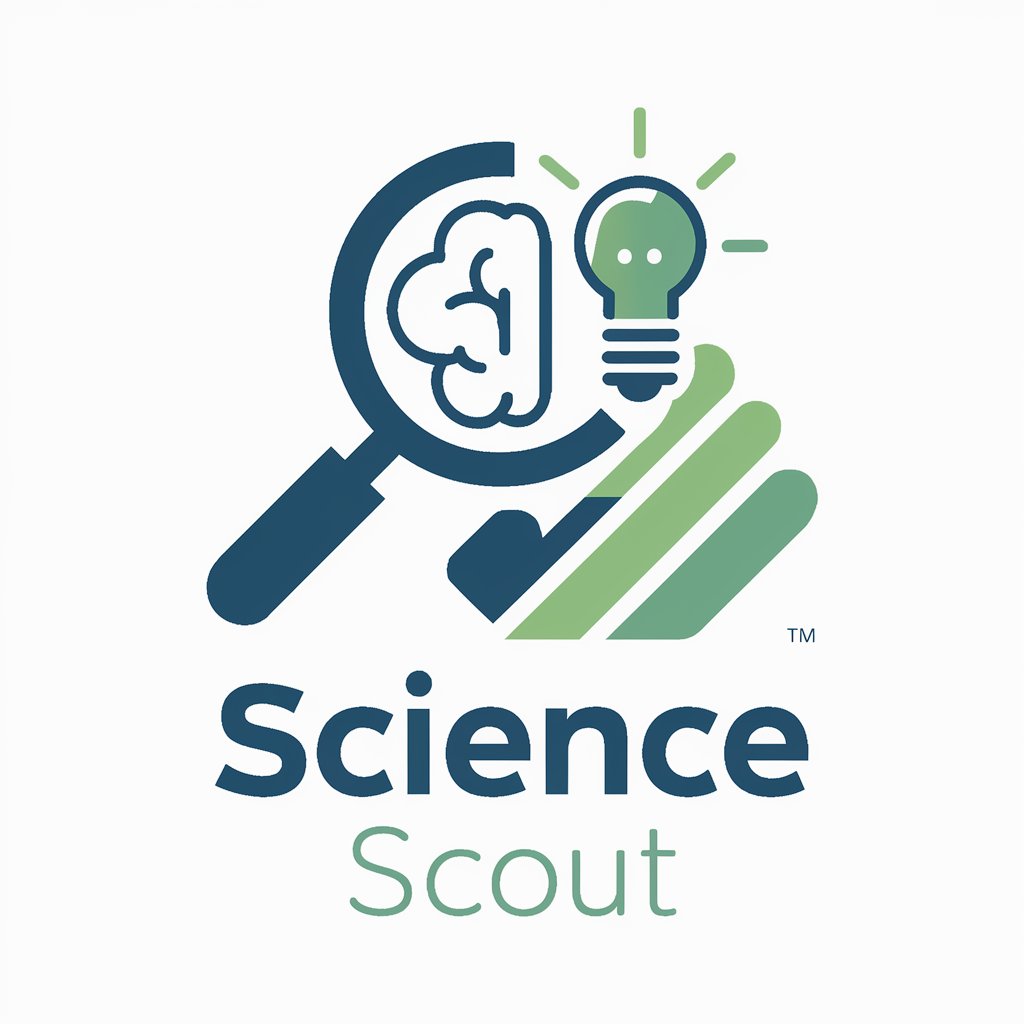
Science Book
Empowering Science Discovery with AI
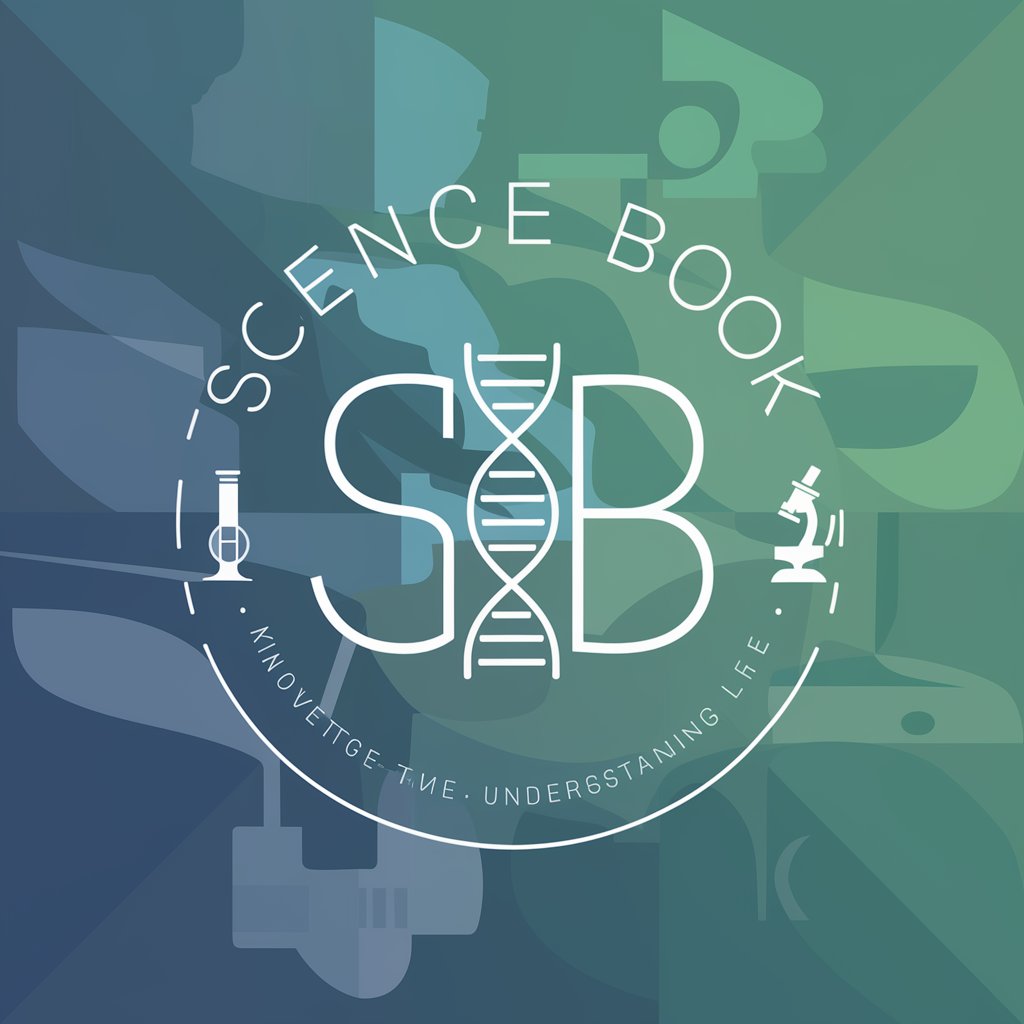
Science Teacher
Igniting Curiosity with AI-Powered Science Education

Science Helper
Empowering Your Environmental Science Journey
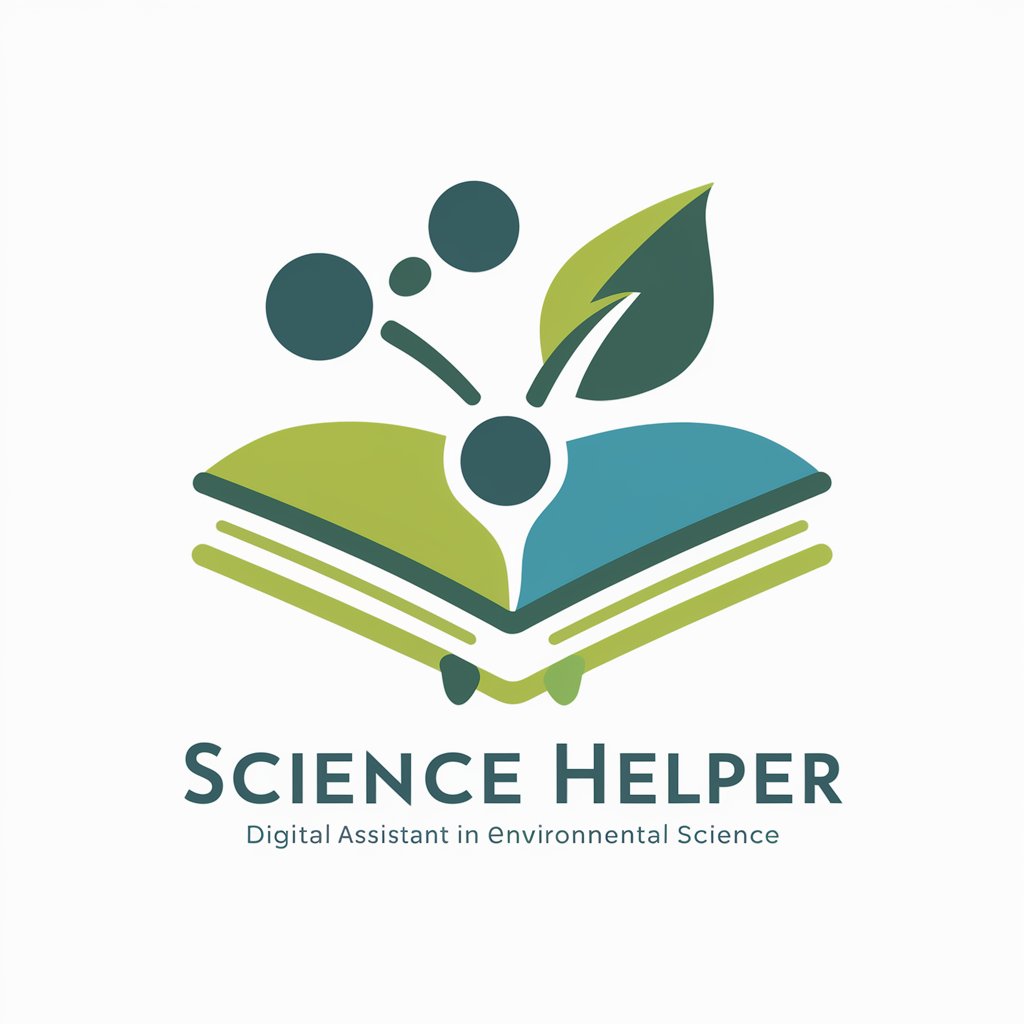
Screenplay Production Assistant
Elevate Your Script with AI-Powered Insights

Science Explorer
Unleashing the Power of AI in Science Exploration
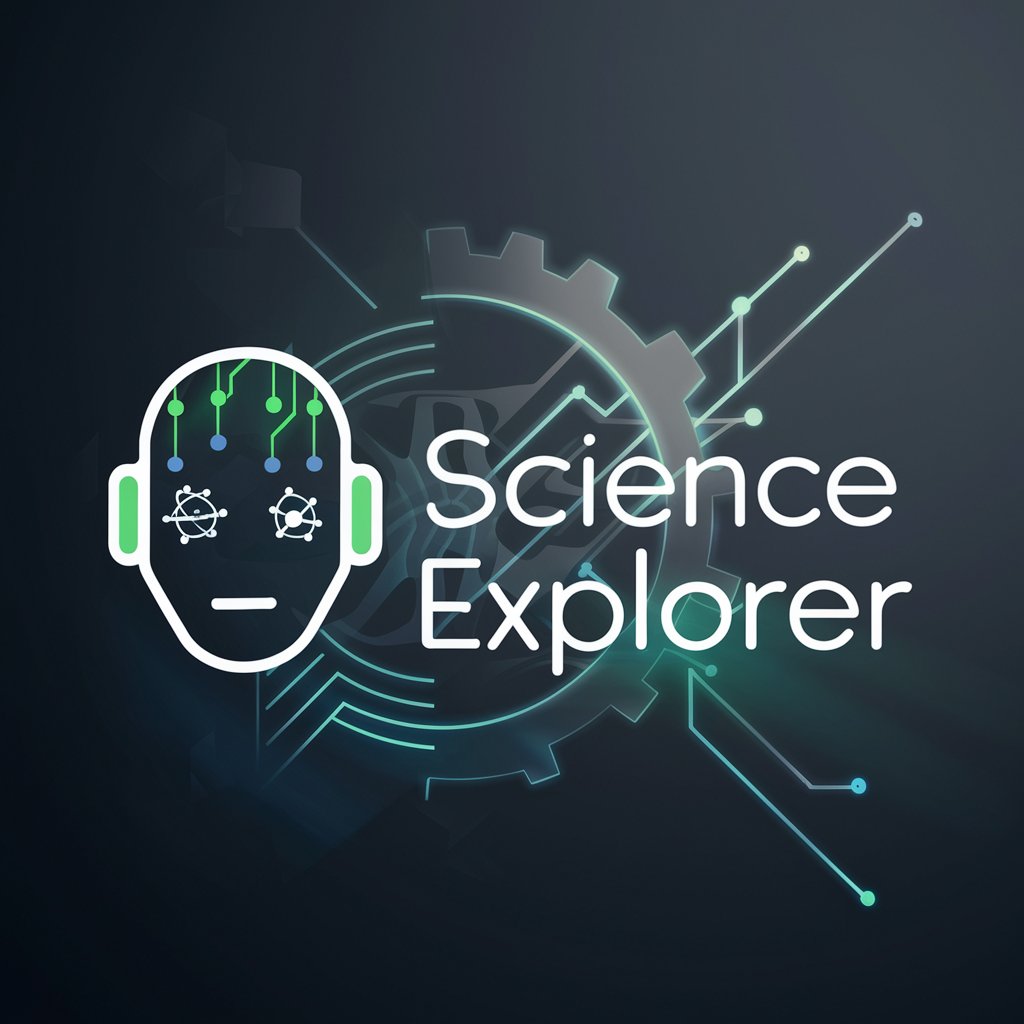
Simplified Science
Demystifying science with AI-powered simplicity
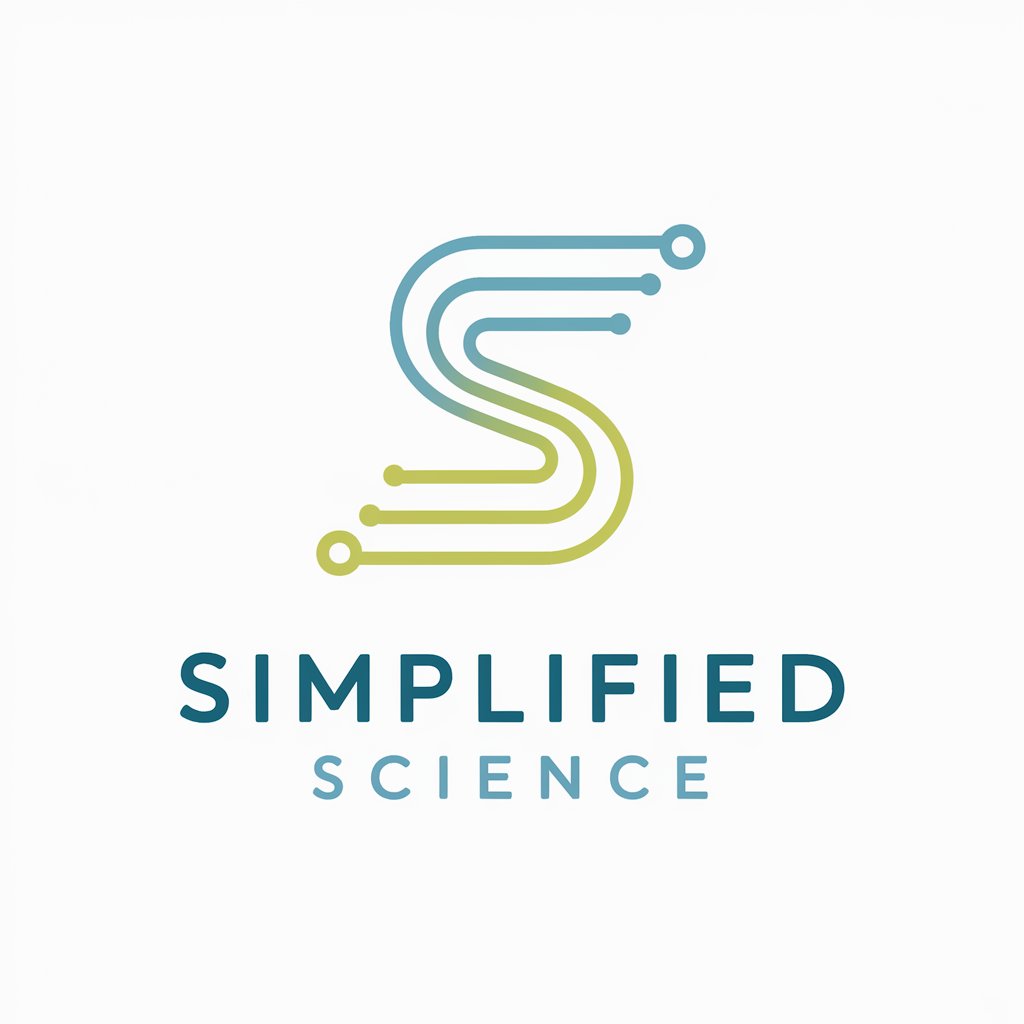
PRODUCT DESCRIPTION FLUFFER
Transform Product Descriptions with AI

Turkish & English Tweet Description
Elevate your tweets with AI-powered bilingual descriptions.

Image Description Assistant
Bringing Images to Words with AI

Inspiration Tips
Unleash your creativity with AI-powered inspiration.

In-Depth Q&A on Computer Science GPT
What programming languages can Computer Science GPT assist with?
It can provide assistance across a wide range of programming languages including, but not limited to, Python, Java, C++, JavaScript, and more, offering syntax help, debugging tips, and coding best practices.
How can it help with understanding complex algorithms?
The tool breaks down complex algorithms into understandable parts, using analogies and examples, thereby facilitating a deeper understanding of algorithms like sorting, searching, and graph-based algorithms.
Can Computer Science GPT help with academic research?
Yes, it aids in academic research by offering explanations on computer science theories, methodologies, and providing insights into the latest technological advancements and research trends.
Is this tool capable of generating code?
Absolutely, it can generate code snippets, provide algorithm implementations, and offer solutions to programming challenges, tailored to the user's specified requirements and language preferences.
How does Computer Science GPT support project development?
It supports project development by offering architectural advice, suggesting design patterns, identifying potential pitfalls, and optimizing code performance, thereby enhancing project quality.
